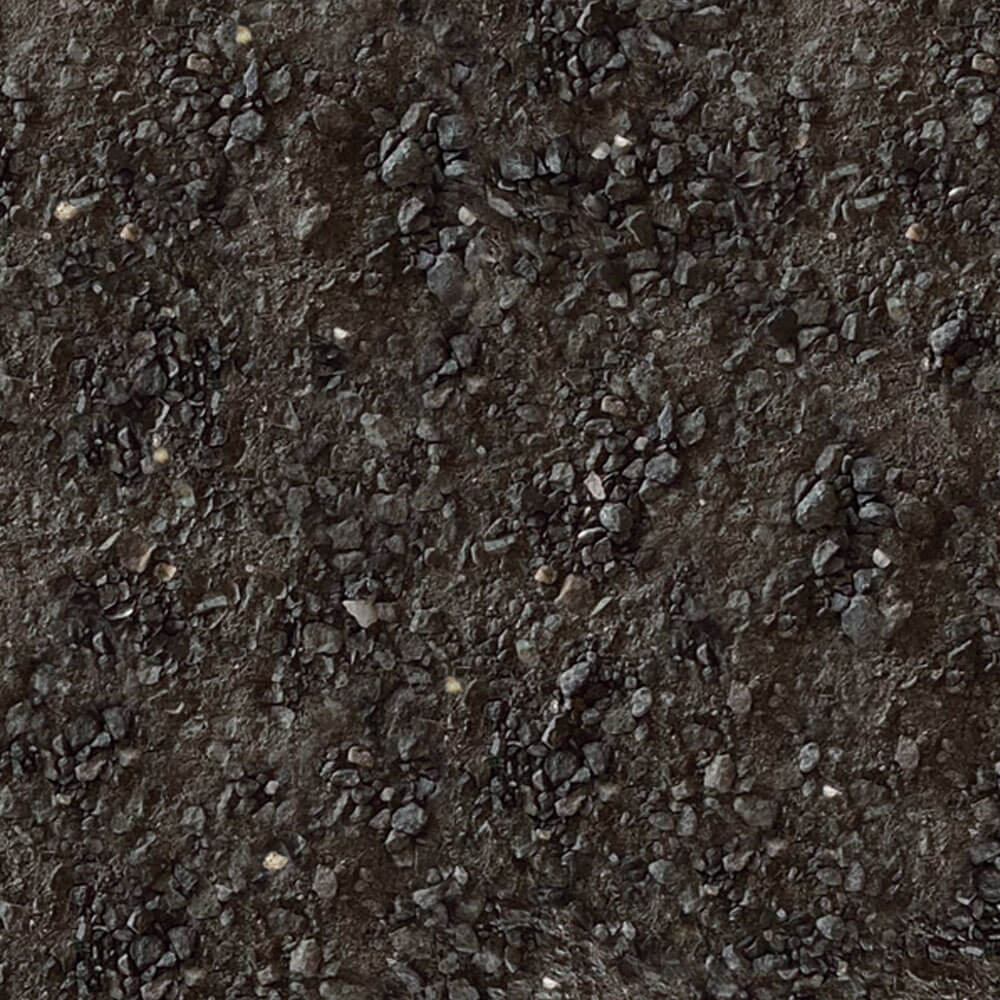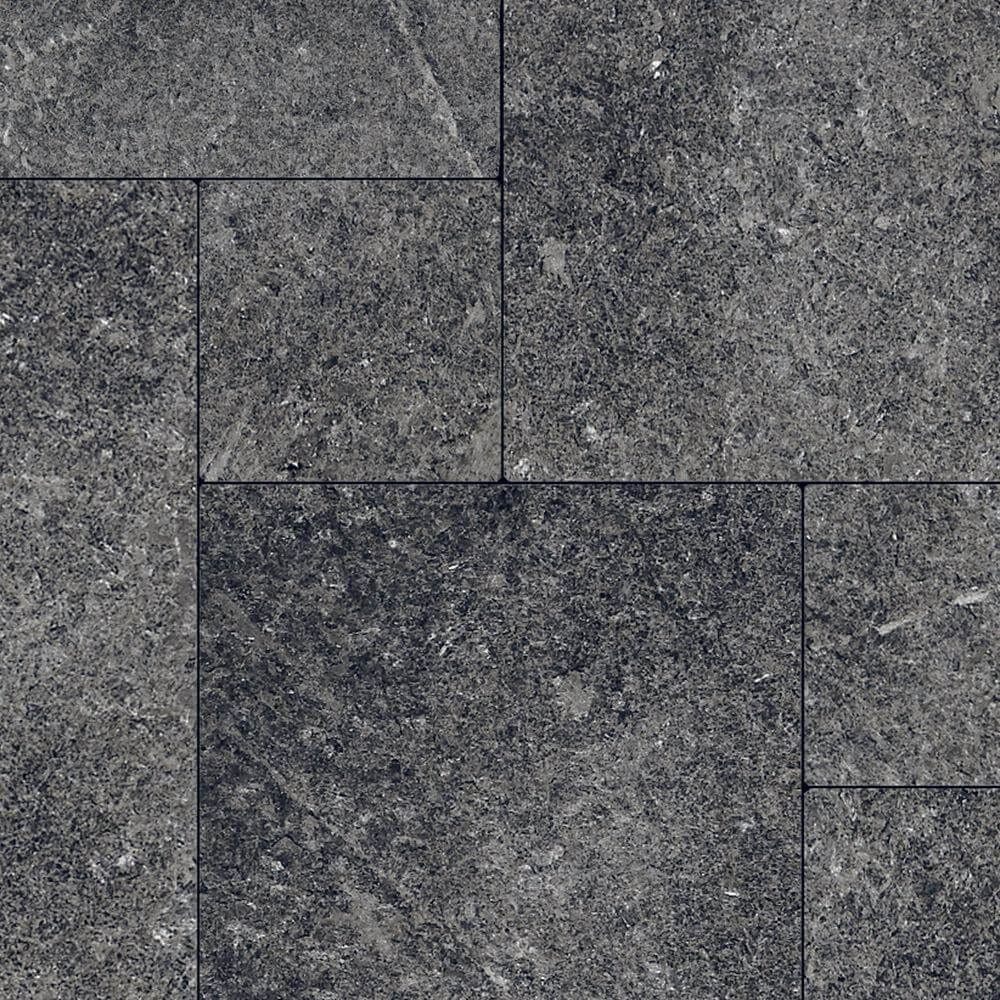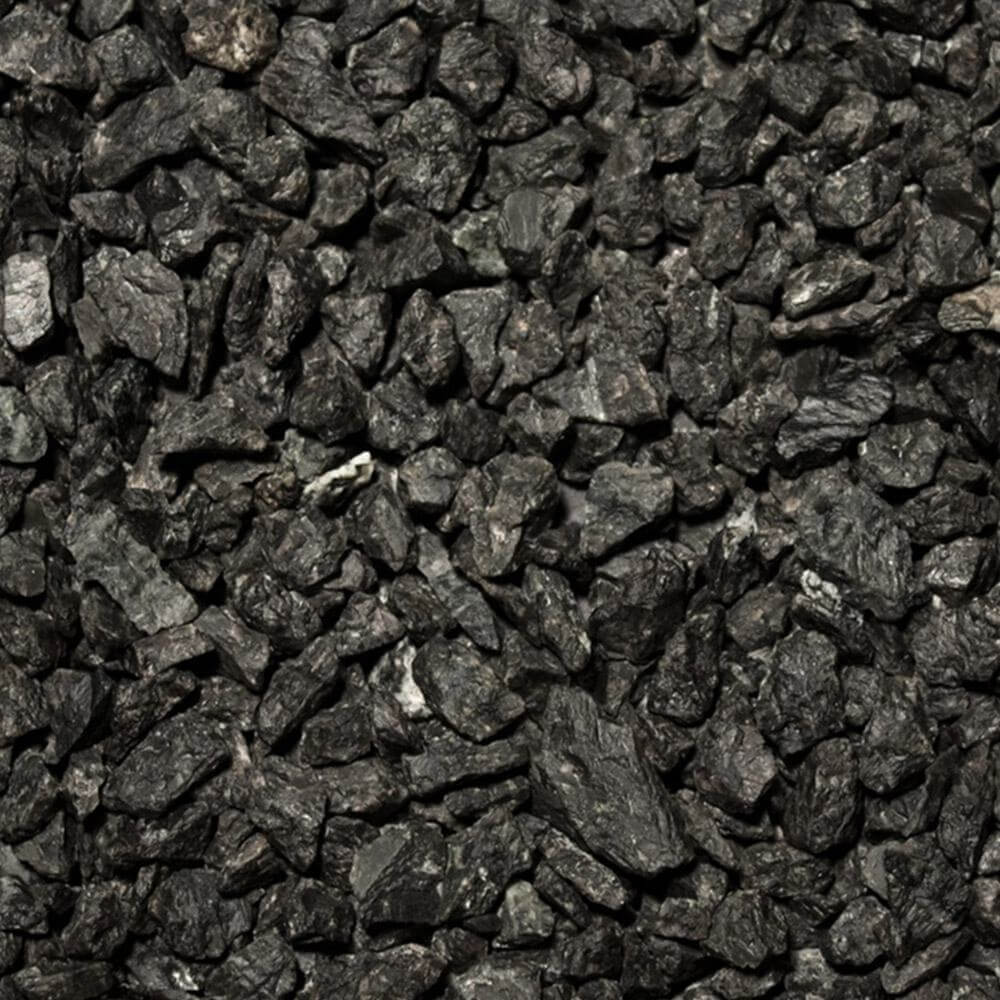Sustainability

Sustainable Stone, Responsible Mining: A Better Choice for the Planet
Kafka Granite is committed to sustainable mining practices, adhering to ethical and environmentally responsible frameworks in North America. Unlike overseas operations that may lack stringent environmental regulations and require high-emission transportation, we quarry under strict protections in order to reduce our ecological footprint.
Mining itself is not inherently unsustainable. When done responsibly, it is a far more sustainable option than producing manufactured materials like concrete, asphalt, or synthetic stone, which require extensive processing and generate significant emissions. By prioritizing these sustainable approaches, we ensure that our natural stone can be quarried with minimal impact while offering an environmentally superior alternative to manufactured products.
Our Commitment to Sustainable Mining
At Kafka Granite, sustainability is at the core of our operations. Our commitment extends beyond extraction — we actively rehabilitate land, invest in cleaner equipment and are continuously seeking ways to improve the sustainability of our processes.
How We Prioritize Sustainability:
Lower-impact mining techniques reduce surface disturbance, prevent soil erosion and limit unnecessary material displacement, making site rehabilitation faster and more effective.
Mining waste is repurposed for on-site construction, land restoration and additional byproducts rather than being left behind.
Eco-friendly equipment — help reduce emissions and improve operational sustainability.
Ongoing improvements in sustainability integrate new technologies and best practices to minimize environmental impact and enhance efficiency.
Learn More About Our Sustainability Practices
Responsible Quarrying
Kafka Granite operates and/or partners with an extensive network of over 50 quarries across North America, including sites throughout the United States and Canada. Because we quarry and process our products, we maximize control over our supply chain, reducing transportation impact and ensuring responsible extraction practices. This direct oversight allows us to follow sustainable mining frameworks, minimize environmental disruption, and efficiently repurpose materials for other uses.
The Sustainability of Natural Stone
Choosing minimally processed natural stone is one of the most effective ways to reduce the embodied carbon of building projects. As a single-ingredient, all-natural material, natural stone requires little processing, resulting in significantly lower carbon emissions compared to manufactured alternatives like concrete, asphalt or engineered stone. Additionally, natural stone contains no volatile organic compounds (VOCs), meaning it won’t off-gas harmful chemicals into the atmosphere — making it a healthier choice for both indoor and outdoor environments.
The Role of Solar Reflectivity
Materials that absorb heat contribute to rising temperatures in their surroundings, increasing energy demands for cooling and exacerbating the urban heat island effect. Natural stone, however, has solar reflective properties — meaning it reflects heat rather than absorbing it. This makes it a more energy-efficient choice for construction, reducing localized heat buildup and helping to mitigate environmental impacts associated with excessive heat absorption.
The Lasting Lifecycle of Natural Stone
Natural stone outperforms manufactured materials not just in sustainability, but also in longevity and reusability. Its durability and natural composition ensure that it remains a responsible choice long after installation.
- Exceptional Longevity – Unlike manufactured materials that degrade over time, natural stone is incredibly durable and rarely needs to be replaced.
- Geological Durability – Formed over millions of years, stone does not break down into harmful substances or pollute the environment, making it one of the most sustainable building materials available.
- Reusability – When no longer needed for a project, stone can be repurposed for new applications instead of becoming waste.
- No Landfill Waste – At the end of its use, natural stone doesn’t contribute to landfill overflow like synthetic materials.
By choosing natural stone, projects benefit from a material with a near-endless lifecycle that supports both long-term durability and environmental responsibility.
Increasing Efficiency, Reducing Environmental Impact
In addition to our line of recycled products, we’ve also taken measures to increase our efficiency and lessen the ecological footprint of our manufacturing process. While some of these measures are as simple as using second-hand pallets, others are more complicated. Notably, we’ve installed a state-of-the-art dust collection system that runs throughout the plant. It acts as a large vacuum, collecting dust that would otherwise be polluted into the air. After collection, the dust is reused in the creation of other products.
This revolutionary system is just one of the ways in which Kafka Granite is continually working towards sustainability and a greener tomorrow.
The Lasting Impact of ADA-Compliant Materials
Accessibility is a key component of social sustainability, which focuses on meeting the needs of all people. By choosing ADA-compliant materials, projects help ensure that public spaces remain functional, navigable and inclusive for everyone over time. Materials that hold up to long-term use reduce the need for disruptive repairs or replacements, which can limit access for those who rely on these pathways most. Thoughtful design choices like these help support more equitable, usable environments — and that’s something worth protecting.
Giving New Life to Recycled Aggregates
Kafka Granite partners with companies like Kohler. to repurpose manufactured seconds into high-quality aggregates for precast concrete, terrazzo flooring, epoxy overlays and pathway materials. By incorporating recycled porcelain, glass, slag and other byproducts into new applications, we help reduce landfill waste while supporting more sustainable construction and design solution



